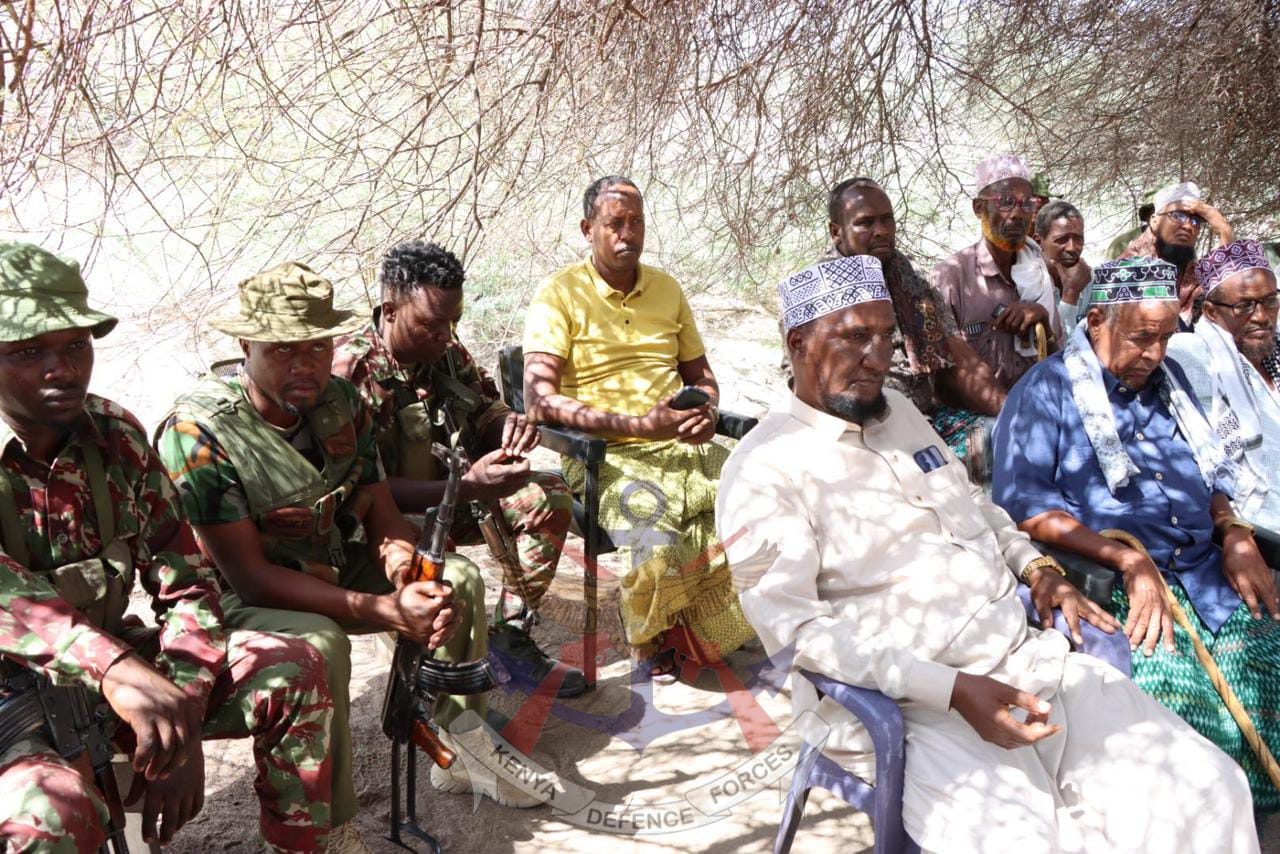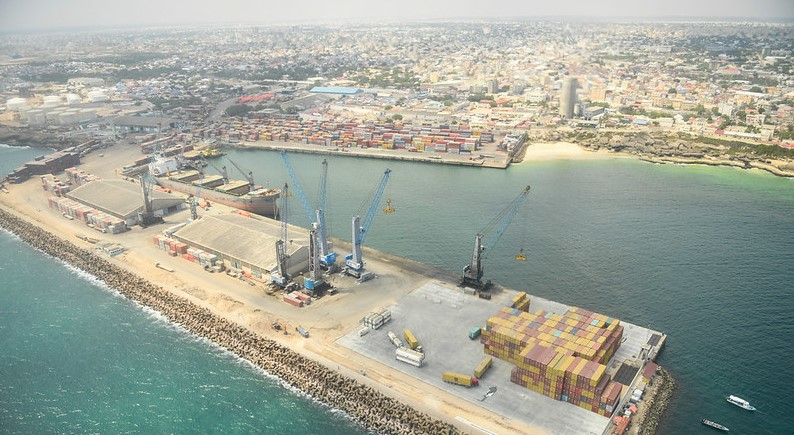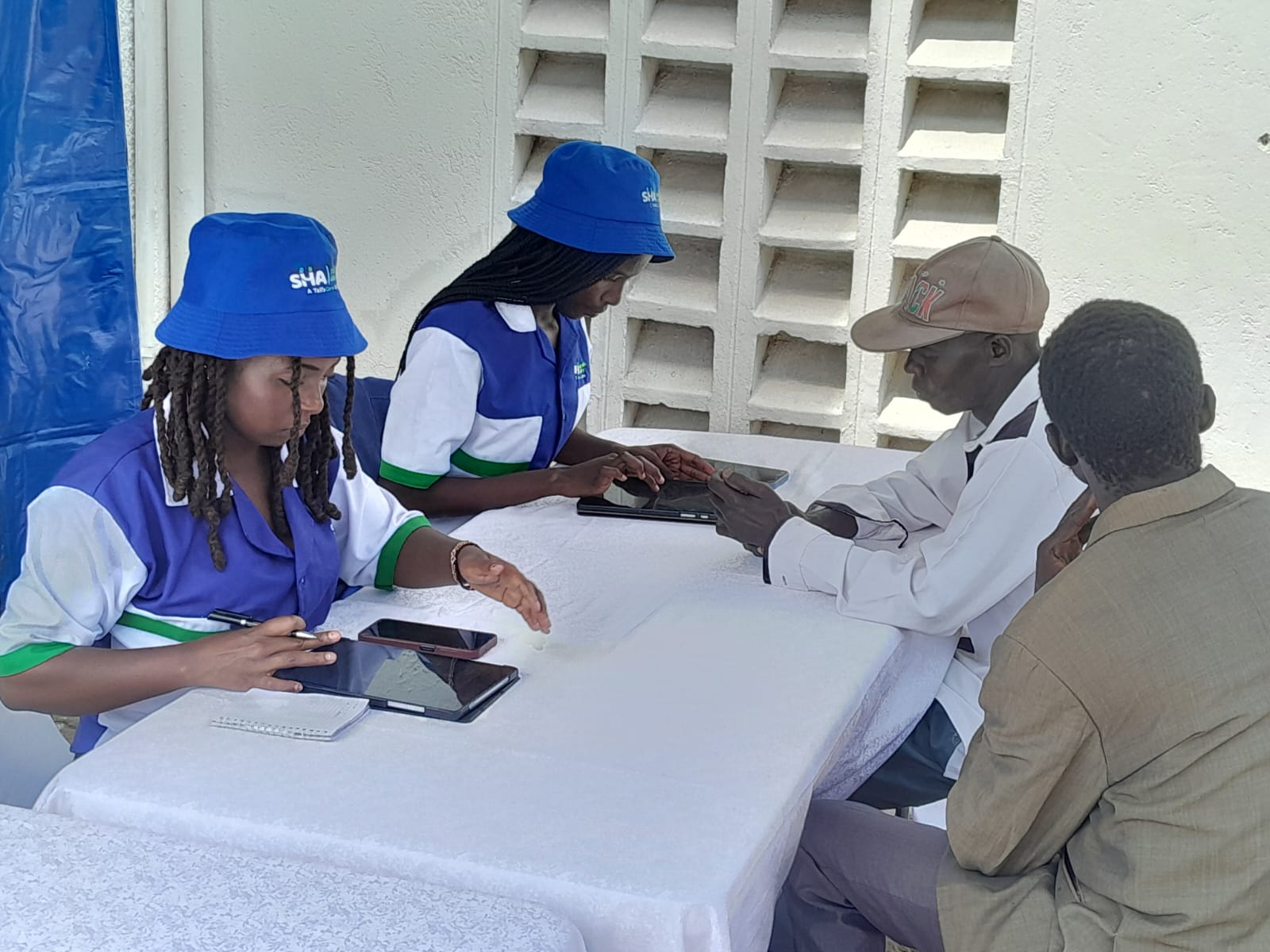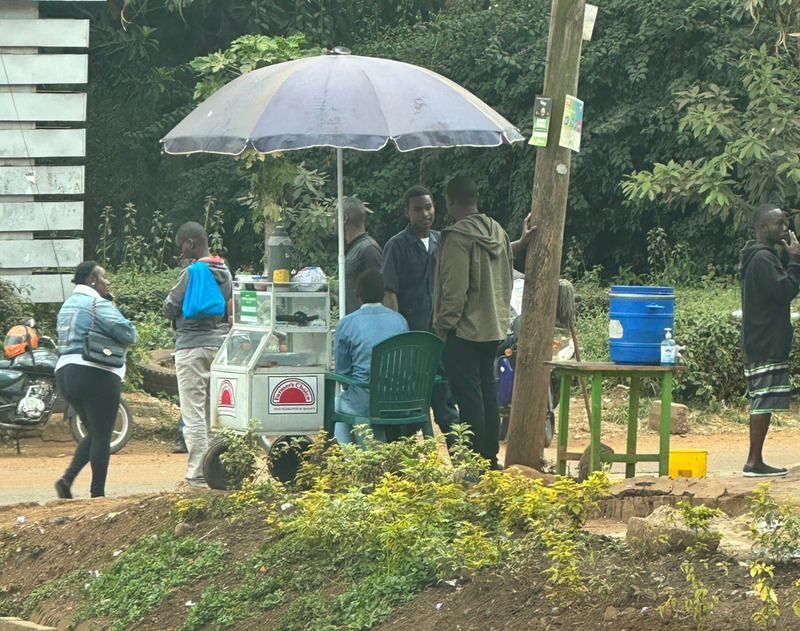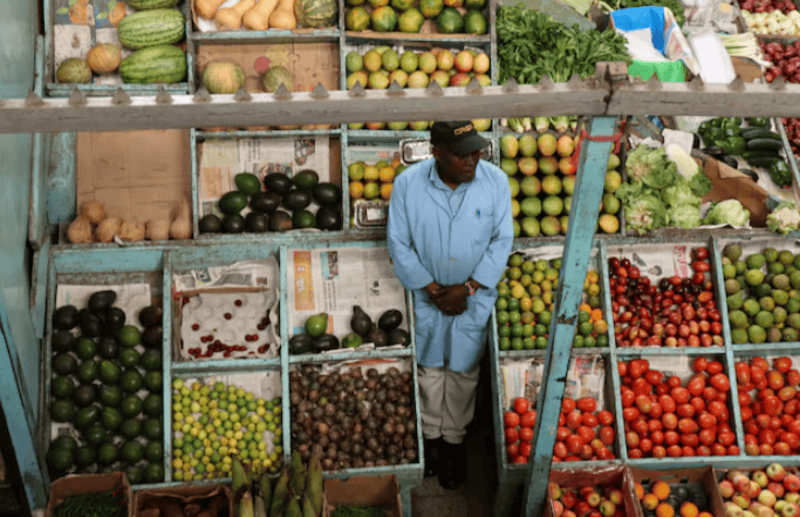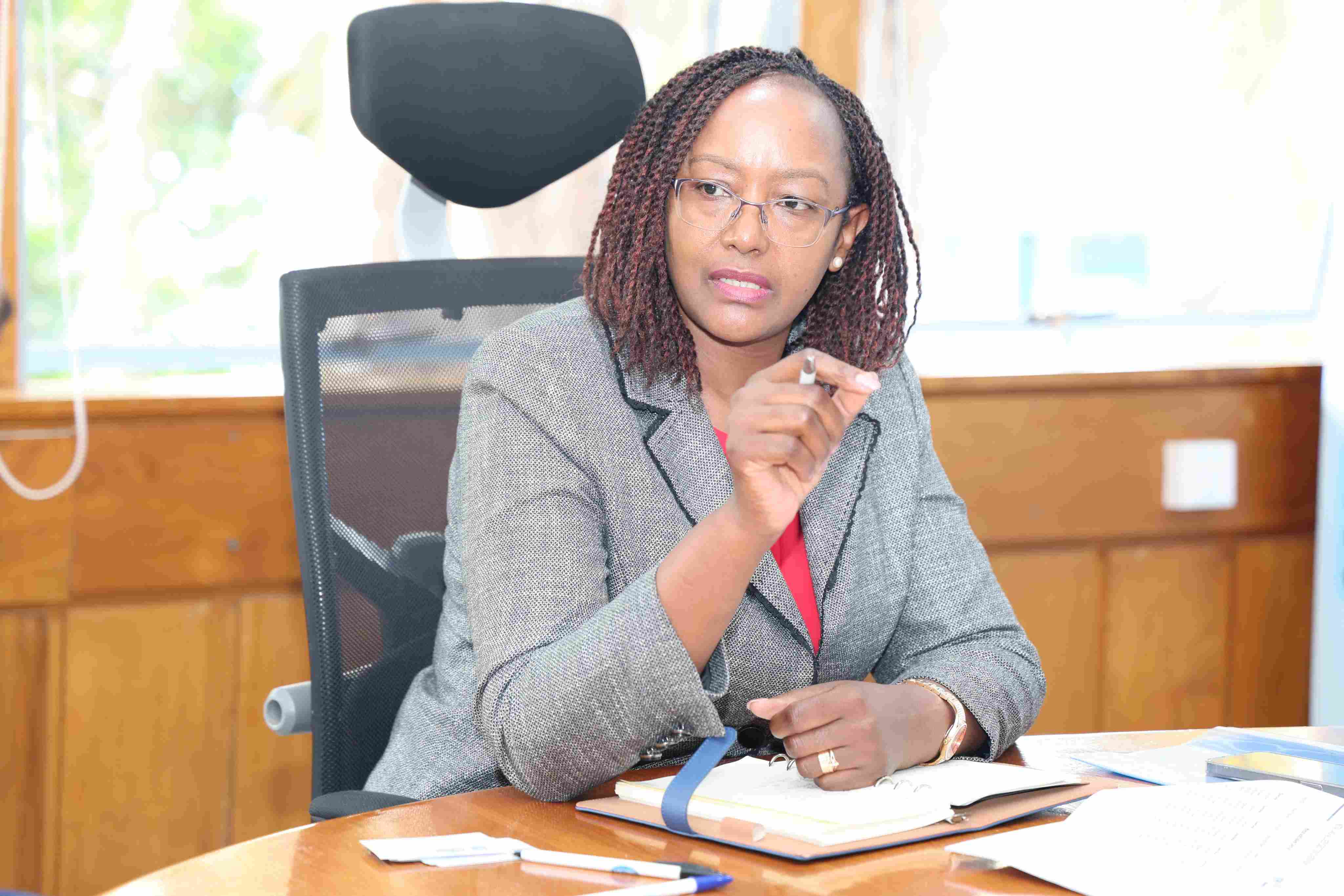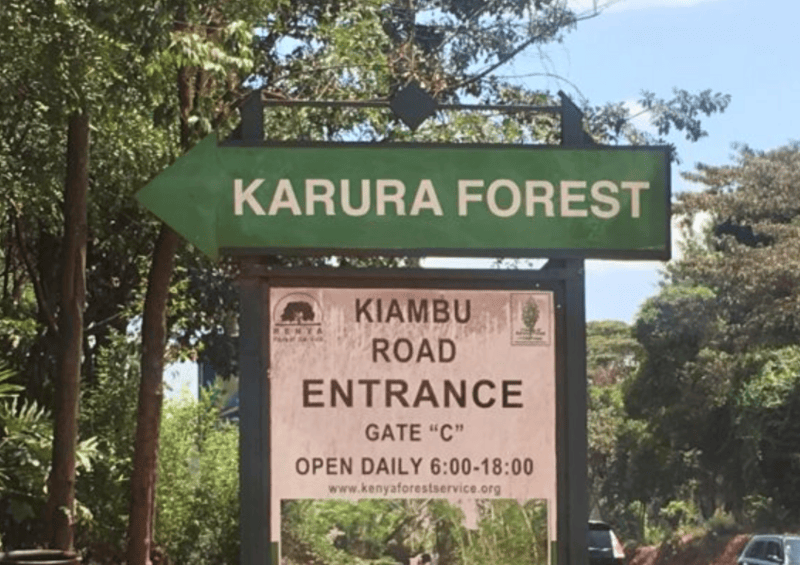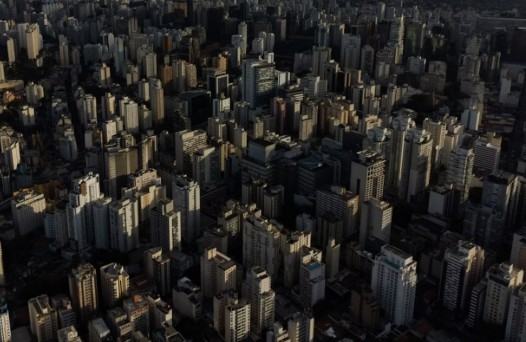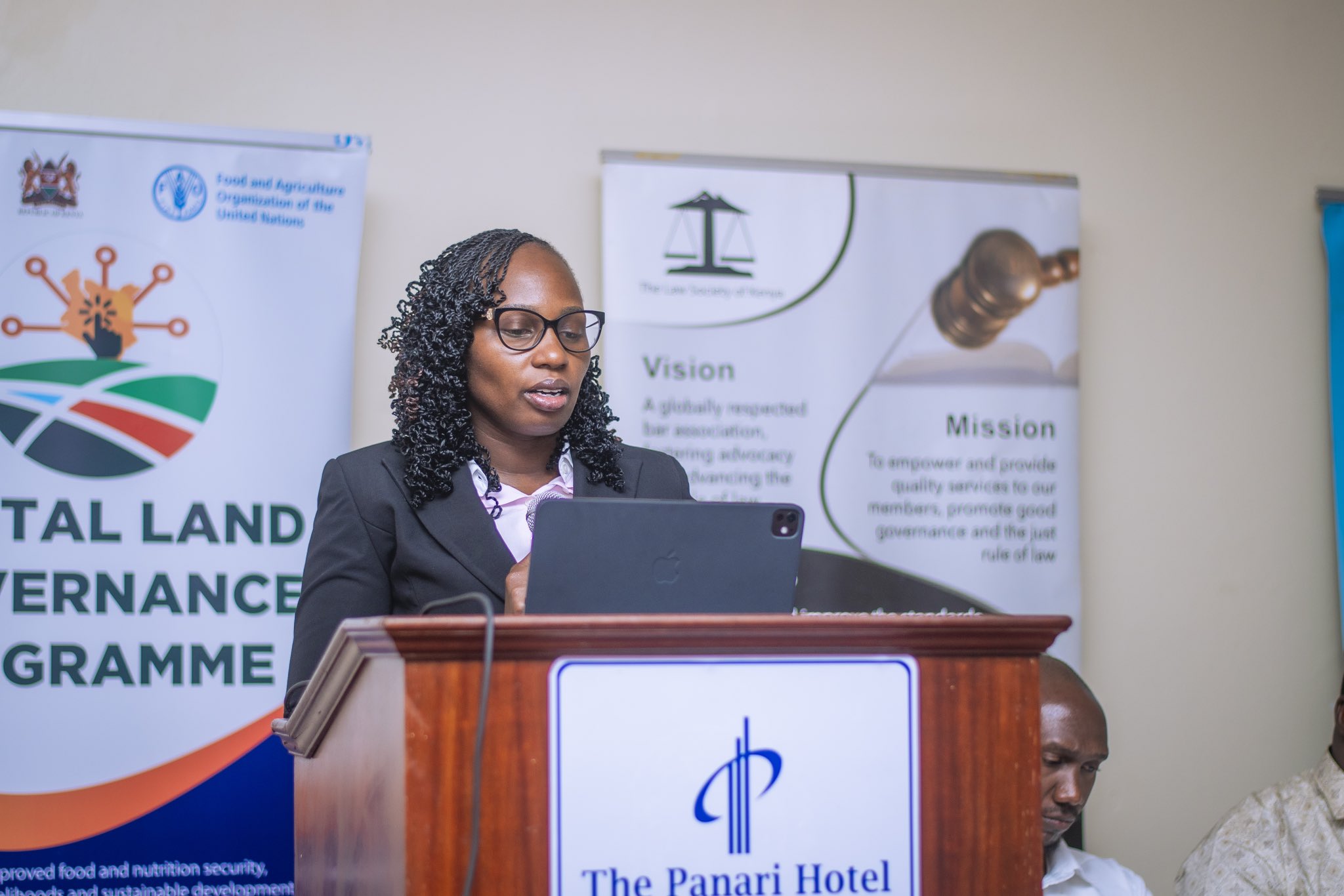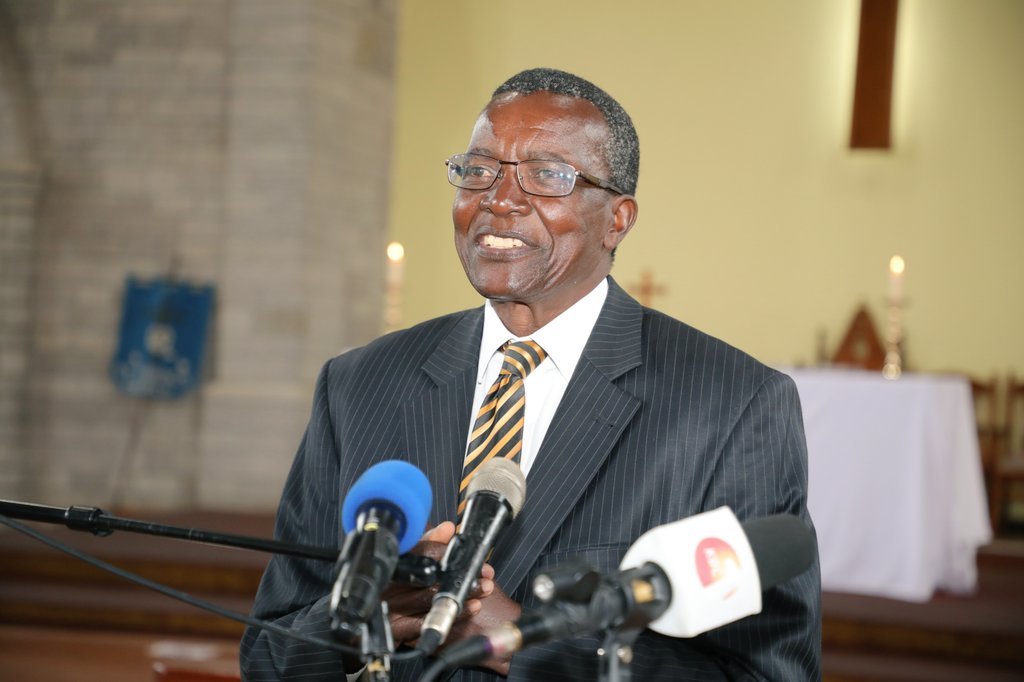We’ll seize property linked to alcohol and drug crimes, declares CS Murkomen
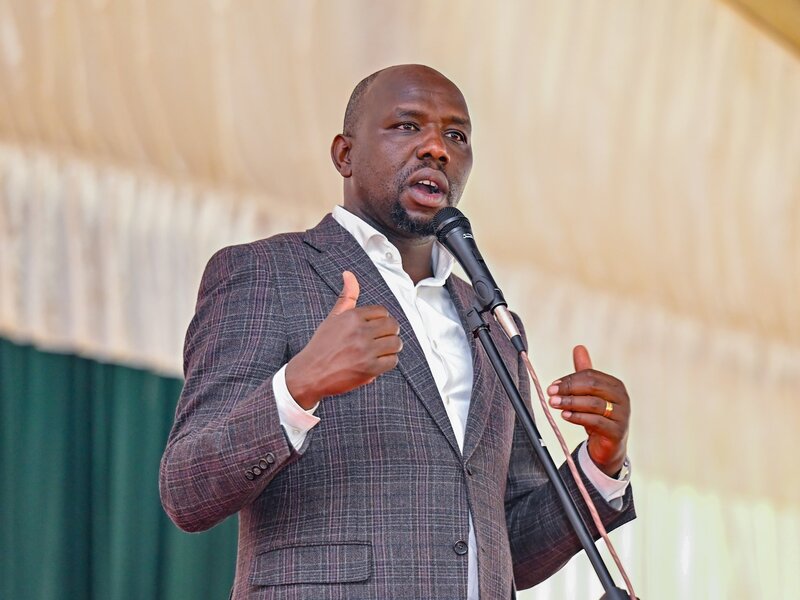
CS Murkomen said the new strategy is aimed at making the illegal alcohol and drug trade more difficult to sustain, while also creating a pool of funds that can be redirected to rehabilitation services, treatment, and public education.
Drug traffickers and illicit alcohol traders will now face tougher consequences as the government moves to freeze and seize their assets in a renewed effort to dismantle illegal networks and drain the profits that fuel them.
Interior Cabinet Secretary Kipchumba Murkomen on Wednesday said the government will begin working with the Asset Recovery Agency (ARA) to trace and confiscate property and funds obtained through the trade in substandard alcohol, drugs, and other illegal substances.
More To Read
- MPs hear harrowing testimonies of kidney trafficking in Uasin Gishu
- MPs launch probe into kidney transplants on foreign nationals in Eldoret hospitals
- Somalia police thwart major drug smuggling attempts at Mogadishu port, airport
- Sports for Peace: How sporting activities are uniting North Rift communities
- Murkomen orders crackdown on reckless miraa vehicles along Mwea–Embu highway
- UNESCO urges dialogue as world marks day for remembrance of slave trade, abolition
Murkomen said courts have continued to issue lenient fines, allowing suspects to secure their release quickly and continue their operations. He noted that this trend has frustrated government efforts to stop the vice, especially among children and the youth.
Speaking during the launch of the 'National Policy on the Prevention, Management, and Control of Alcohol, Drugs, and Substance Abuse in Kenya', the CS said the new approach will help break criminal networks and protect communities from the damage caused by drug abuse.
“We will be engaging the Asset Recovery Agency to see how best to make it more punitive first for those who are engaged in these acts, especially because they get very lenient fines,” said Murkomen.
“So maybe the best way is to take away the lorry, the car, their equipment, their businesses … the assets they have built over time and it’s important for ARAto appreciate that the law on Proceeds of Crime and Money Laundering as it is not only focusing on corruption but focusing on all crimes properly defined in the same law,” he added.
Murkomen said the new strategy is aimed at making the illegal alcohol and drug trade more difficult to sustain, while also creating a pool of funds that can be redirected to rehabilitation services, treatment, and public education.
“Some of these proceeds from the accounts can be returned to build rehabilitation centres, create awareness and treat victims,” he said.
The Cabinet Secretary also called out politicians who interfere with enforcement operations. He said such leaders often accuse local police commanders of political sabotage when in reality, they are protecting illegal businesses.
“We have realised during the Jukwaa la Usalama public engagements why officers are targeted, especially by politicians,” he stated.
“They tell us…OCS is not doing a good job, oh… OCS so and so is fighting me, and so and so is not supporting the government. We only come to discover later that it has nothing to do with the government, these are people selling adulterated alcohol, they are supplying these cheap sachets,” he added.
Murkomen warned that some of those who present themselves as community defenders are the same people behind the supply of illegal substances. “When police officers take serious stands, they camouflage and come back either as government supporters or people interested in the well-being of their voters, only to realise later these are people who trade in illicit alcohol,” he said.
He also stressed the importance of involving the judiciary in the fight against drug and alcohol abuse.
The CS added that county and regional commissioners have been asked to work with court users’ associations to create more awareness among local magistrates and judges.
“The problem we have is these lenient fines and the high evidence threshold. It is important to have evidence, but maybe we should look at the penal code and see if there can be certain presumptions that if you don’t have a licence, it is presumed otherwise,” he noted.
The CS said the government will strengthen enforcement at the grassroots level by using village elders, assistant chiefs, chiefs and OCSs. He warned that officers who protect or allow illegal trade in their areas will be dismissed and prosecuted.
Top Stories Today
